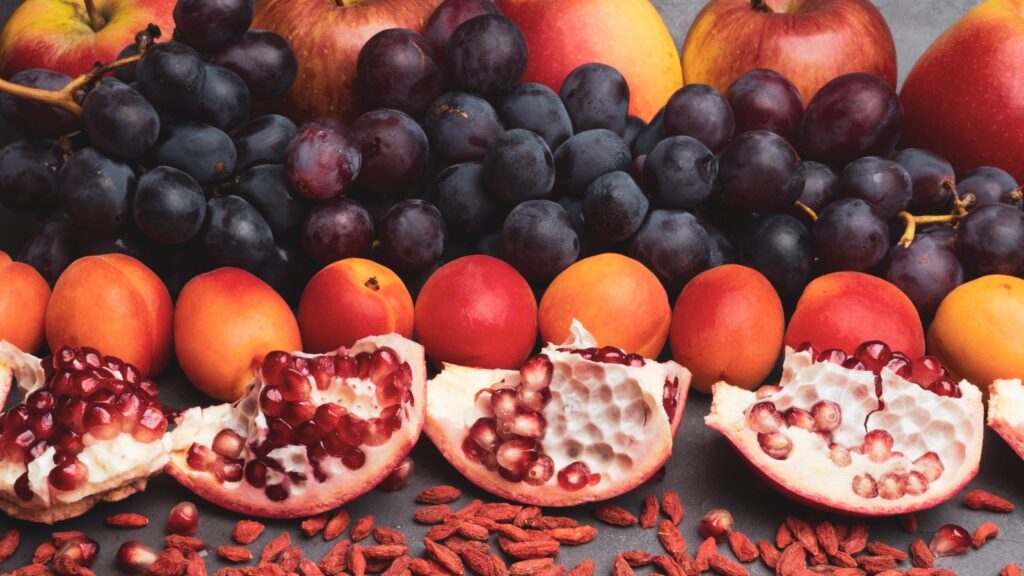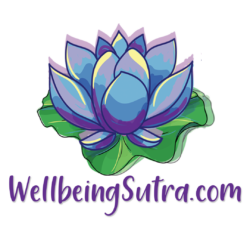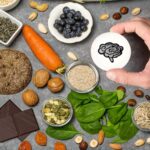As women reach their 30s, their bodies undergo various changes, including hormonal fluctuations, metabolic shifts, and changes in nutrient requirements. To maintain optimal health and well-being during this stage of life, it’s essential to pay attention to your diet and ensure you’re getting the right nutrients. In this blog post, we’ll explore the important nutrients that a woman’s body needs after 30.
Calcium:

Calcium is crucial for maintaining strong bones and teeth. As women age, their bone density can decline, increasing the risk of osteoporosis. To combat this, aim for at least 1,000 milligrams of calcium per day through dairy products, fortified foods, leafy greens, and supplements if necessary.
Vitamin D:

Vitamin D is essential for calcium absorption and bone health. Spend time outdoors to allow your skin to produce vitamin D from sunlight, and include foods like fatty fish, eggs, and fortified dairy products in your diet. If you have limited sun exposure, consider a vitamin D supplement.
Iron:

Iron is important for transporting oxygen throughout the body, and women in their 30s may still be menstruating, which can lead to iron loss. Incorporate lean meats, beans, lentils, and fortified cereals to ensure an adequate intake of iron.
Folate:

Folate, also known as folic acid, is essential for women in their childbearing years, as it helps prevent neural tube defects during pregnancy. Leafy greens, citrus fruits, and fortified grains are good sources of folate.
Omega-3 Fatty Acids:

Omega-3 fatty acids support heart and brain health. Include fatty fish like salmon, walnuts, flaxseeds, and chia seeds in your diet to ensure an adequate intake of these essential fats.
Fiber:

Fiber aids in digestion and helps maintain a healthy weight. As you age, it becomes even more important to consume enough fiber to support digestive health. Whole grains, fruits, vegetables, and legumes are excellent sources of fiber.
Magnesium:

Magnesium is vital for muscle and nerve function, bone health, and regulating blood pressure. Incorporate nuts, seeds, whole grains, and leafy greens into your diet to meet your magnesium needs.
Vitamin B12:

Vitamin B12 is essential for energy production and nerve health. Since B12 is primarily found in animal products, consider fortified foods or supplements if you’re vegetarian or vegan.
Protein:

Protein is crucial for maintaining muscle mass, which tends to decline with age. Include lean protein sources like poultry, fish, beans, and tofu in your diet to support muscle health.
Antioxidants:

Antioxidants, such as vitamins C and E, help protect cells from damage caused by free radicals and aging. Include a variety of fruits and vegetables in your diet to ensure you’re getting a wide range of antioxidants.
As women enter their 30s, paying attention to their nutritional needs becomes increasingly important. A balanced diet rich in these essential nutrients can help support overall health, energy levels, and well-being. Consult with a healthcare professional or registered dietitian to create a personalized nutrition plan that meets your specific needs and goals. Remember that a healthy lifestyle, including regular exercise and adequate sleep, complements proper nutrition and contributes to a happy and healthy life beyond your 30s.















